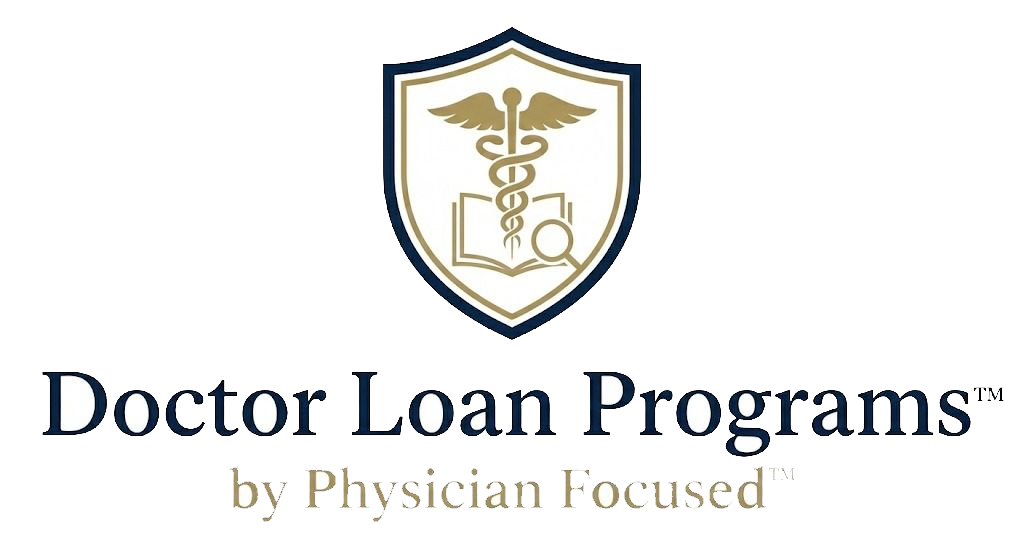
Buying a home can feel overwhelming, especially when it comes to budgeting. But with a clear understanding of the costs involved, you can take charge and navigate the process with confidence.
Here are some key expenses experts recommend planning for:
1. Down Payment
Saving for a down payment is often top of mind for homebuyers, but how much do you really need? Contrary to popular belief, you don’t always need to put down 20% of the purchase price. Many loan options require significantly less. For example, some loans only require a 3.5% down payment, and others even offer 0% down. According to The Mortgage Reports:
“The amount you need to put down will depend on a variety of factors, including the loan type and your financial goals. If you don’t have a large down payment saved up, don’t worry—there are plenty of options available.”
Partnering with a trusted lender is essential. They’ll walk you through the different loan options, explain specific down payment requirements, and help you explore any assistance programs you might qualify for. This guidance will make it easier to determine what works best for your financial situation.
2. Closing Costs
Closing costs are another important expense to budget for. These are fees paid to the parties involved in your home purchase. As Bankrate explains:
“Mortgage closing costs are the fees associated with buying a home that you must pay on closing day. Closing costs typically range from 2 to 5 percent of the total loan amount, and they include fees for the appraisal, title insurance, and origination and underwriting of the loan.”
A trusted lender can provide a detailed breakdown of these costs and help you understand what to expect. This transparency ensures you’re prepared and can approach closing day with confidence.
Additionally, don’t forget to plan for your real estate agent’s professional service fee, if applicable. While sellers often cover this cost, it’s best to discuss this with your agent in advance to avoid surprises.
3. Earnest Money Deposit
Another cost to consider is the earnest money deposit (EMD). This is typically 1% to 2% of the home’s purchase price and serves as a show of good faith when submitting an offer. However, it’s not an additional expense. Instead, it’s credited toward your upfront costs, such as the down payment or closing costs. As Realtor.com explains:
“It tells the real estate seller you’re in earnest as a buyer . . . Assuming that all goes well and the buyer’s good-faith offer is accepted by the seller, the earnest money funds go toward the down payment and closing costs. In effect, earnest money is just paying more of the down payment and closing costs upfront.”
While not mandatory, an EMD can make your offer more appealing. A knowledgeable real estate advisor can help you determine if this strategy is right for your situation and guide you through local market expectations.
Bottom Line
Creating a successful homebuying budget starts with understanding the costs you’ll encounter. With the right information and expert guidance from a trusted lender and real estate agent, you can confidently plan your savings and take the next step toward owning your dream home.




